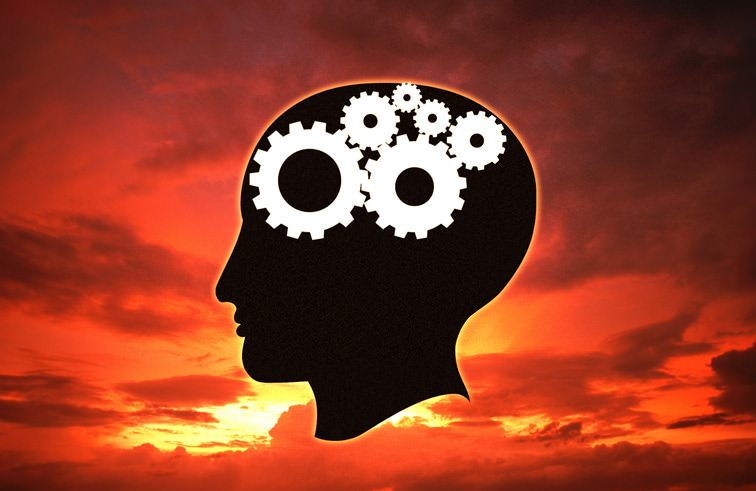
2. you think someone is denying you this need or
3. it appears that you have an opportunity to earn this need, even if you have to fight for it.
Be honest with yourself. Which five needs, when not met, will likely trigger a reaction in you? Identify the needs that you hold most dear.
It is critical to note that needs are not bad. The reason you have these needs is that at some point in your life, the need served you. For example, your experiences may have taught you that success in life depends on maintaining control, establishing a safe environment and having people around you who appreciate your intelligence. However, the more you become attached to these needs, the more your brain will be on the lookout for circumstances that threat-en your ability to have these needs met. Then your needs become emotional triggers.
At this point, you must judge the truth of the situation. Are you really losing this need or not? Is the person actively denying your need or are you taking the situation too personally? If it’s true that someone is ignoring your need or blocking you from achieving it, can you either ask for what you need or, if it doesn’t really matter, can you let the need go? The steps for getting your needs met or for releasing your needs will be further described in Chapter 4 on Choice.
Without consciously acknowledging the need that is triggering the emotional reaction, we become enslaved to the need. On the other hand, if we honestly declare our needs—that we had expected people to treat us in a particular way and had hoped events would unfold as we had planned—then we can begin to see life more objectively. From this perspective, we are freer to choose our reactions.
Most of our behavior, and our decisions, arise out of
a desire to avoid pain, sorrow or shame, or on the quest
for pleasure, joy or pride. In short, we physically and mentally respond to the possibility of loss or reward
before we can logically process what is going on.
Sadness: The Gift We Resist
Every emotion contains information for us that no other dimension of our experience posses…The Information and Gifts of Emotions
Whether our clients say it or not, how they feel about what they bring to us for coaching …“I feel you!”—The Role of Emotions in Coaching
would not advocate a view that these natural feelings are traumas. Instead, I would look f…
Coaching the Person, Not the Problem
Coaching competencies provide the framework to facilitate self-discovery. They are not a c…Zebras and Lions in the Workplace: An Interview with Dr. Robert Sapolsky
When it comes to understanding why people do what they do, we cannot ignore the biological…Supervision and Mentoring: A Distinction that is Arbitrary and Contrary?
The use of the words Supervision and Mentoring feel arbitrary and contrary to what we have…
The Ark of Leadership: A Second Sample Chapter
[ix] Joel, Billy, “And So It Goes” Joel Songs (BMI), 1983. [x] Keiller, Garris…The LPC Bookstore’s Free Books
Love Lingers Here: Stories of Enduring Intimate Relationships What is the nature of…Seal the Deal: Free Book for Coaching Library Users
How do successful coaches and consultants make money and make a difference? You have to be…
Check Also
Coaching of Anticipation: A Coda for Insights and Implications
What does the polystatic model offer as a way to guide this coaching process? And what els…

















